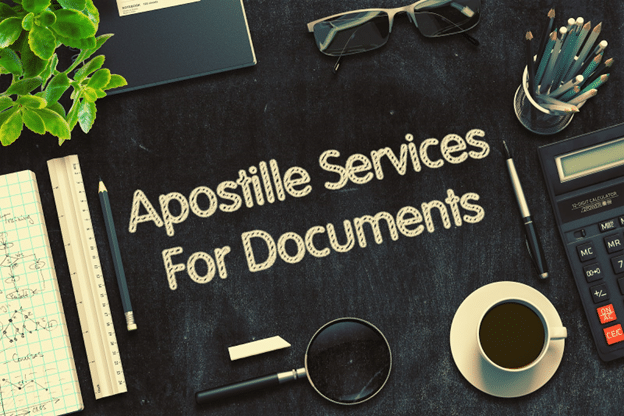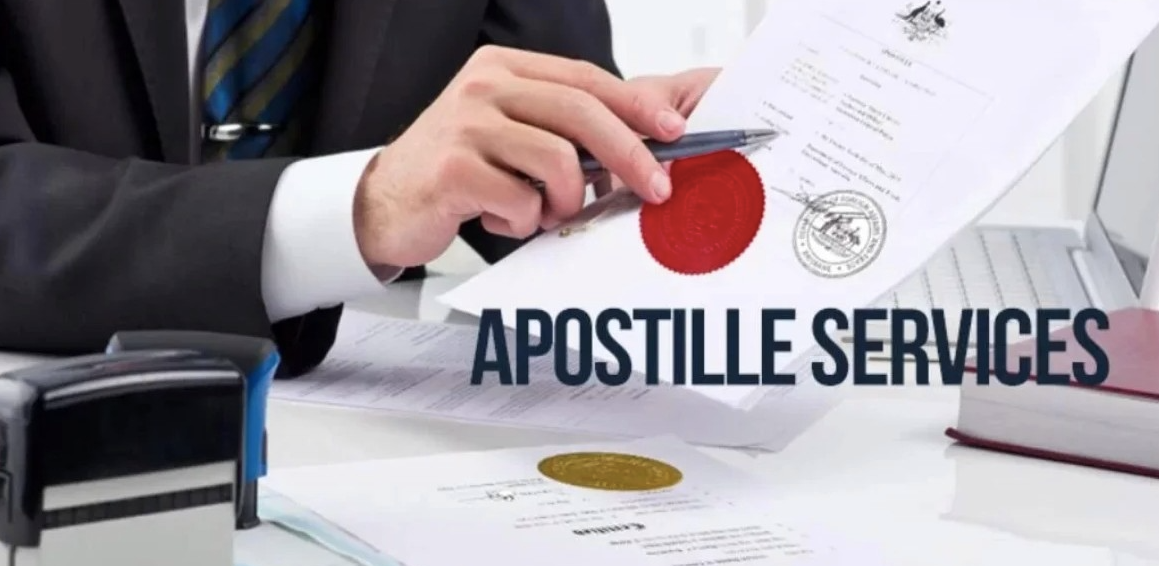Revealing the Essential Role of Apostille in Simplifying International Document Recognition Processes
In the world of international affairs, the recognition of files holds extremely important value. By fastening an apostille to a file, it undertakes a streamlined validation that is acknowledged throughout various countries, thus alleviating the worries associated with cross-border record authentication.
Comprehending Apostille Essentials
In the world of record recognition for international usage, grasping the fundamental concepts of apostille verification is essential. An apostille is a specialized certificate that verifies the authenticity of a file for usage in international countries that are part of the Hague Apostille Convention.
Apostilles are commonly issued for essential documents such as birth certifications, marriage certificates, and scholastic records. The crucial elements of an apostille include the name of the nation where it was released, the name of the individual authorizing the paper, the capability in which the person authorized the paper, the seal or stamp of the issuing authority, and the day of issuance. By recognizing these essential aspects of apostille verification, companies and individuals can browse the complexities of international record validation with self-confidence and effectiveness.
Benefits of Apostille for Validation

In addition, the apostille streamlines the verification process by supplying a standardized certification that validates the credibility of the file, such as birth certifications, marital relationship licenses, notarized deeds, and scholastic records. This standardized layout decreases the threat of rejection because of strangeness with foreign records, thus improving the efficiency of cross-border deals.
In addition, the apostille helps in removing the need for several layers of verification by government authorities, as the apostille itself symbolizes the document's credibility. This not just accelerates the record validation process but likewise minimizes the associated costs and governmental difficulties, making it a practical and cost-efficient remedy for individuals and companies taking part in international activities.
Simplifying Cross-Border Paper Verification
Helping with the recognition of records throughout international borders, the apostille process serves as a structured and universally recognized method for verifying different kinds of official documents. Simplifying cross-border file authentication, the apostille gets rid of the demand for extensive and frequently complex validation procedures typically called for when offering records in international nations. By fastening an apostille to a record, the releasing nation accredits the credibility of the file, making it easily acceptable in various other nations that become part of the Hague Apostille Convention. This standard procedure substantially minimizes the time and effort involved in verifying the legitimacy of main documentation, advertising effectiveness and simplicity of worldwide deals.
In addition, the apostille system improves the security and dependability of cross-border document recognition by providing a transparent and worldwide accepted device for confirming the credibility of documents. This simplification of authentication processes not only advantages individuals and organizations seeking to run internationally however also promotes smoother interaction and collaboration between nations by ensuring the dependability of shared documentation.
Value of Apostille in Legalisation

Apostille guarantees that legal documents such as birth certifications, marriage certificates, powers of lawyer, and court files are recognized and approved in international territories. The apostille procedure minimizes the taxing treatments and administrative obstacles usually connected with file legalization, making international transactions much more efficient and legally binding.
Apostille Vs. Traditional Validation Methods
Contrasting apostille with standard validation approaches discloses unique differences in the efficiency and simpleness of paper authentication processes for worldwide use. Apostille, as a structured and standardized approach established by the Hague Convention, offers an extra straightforward technique to verifying records compared to typical techniques. Traditional recognition processes commonly involve several actions, including registration, qualification by government authorities, and consular legalisation, which can be taxing and cumbersome.
Apostille, on the other hand, simplifies this procedure by licensing documents with a single apostille certification issued by an experienced authority in the country where the paper originates (Houston TX Apostille). This certificate is acknowledged by all participant nations of the Hague Convention, eliminating the requirement for more embassy legalization. Therefore, apostille dramatically reduces the time and initiative needed for file recognition, making it a recommended choice for individuals and organizations entailed in international deals
Verdict
To conclude, apostille plays a critical role in simplifying international paper recognition processes by offering a standard method of verification that is recognized throughout getting involved nations. By streamlining the legalisation process, apostille removes the requirement for numerous layers of validation, lowering time and costs connected with cross-border record authentication. This effective system advantages individuals and organizations looking for to make use of foreign papers for lawful purposes, making sure smoother global transactions.
By affixing an apostille to a paper, it undertakes a simplified validation that is acknowledged across various countries, hence easing the concerns connected with cross-border paper verification. Streamlining cross-border document authentication, the apostille gets rid of the requirement for extensive and frequently challenging validation procedures generally needed when providing papers in international nations. By fastening an apostille to a record, the releasing nation licenses the credibility of the document, making it readily acceptable in other countries that are part of the Hague Apostille Convention. By attaching an apostille to a paper, the releasing nation licenses the credibility of the trademark, seal, or stamp on the record, making it legitimate link for usage in an additional participant nation of the Hague Apostille Convention without the demand for more legalization.
